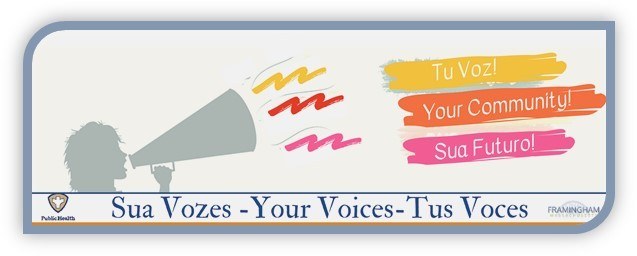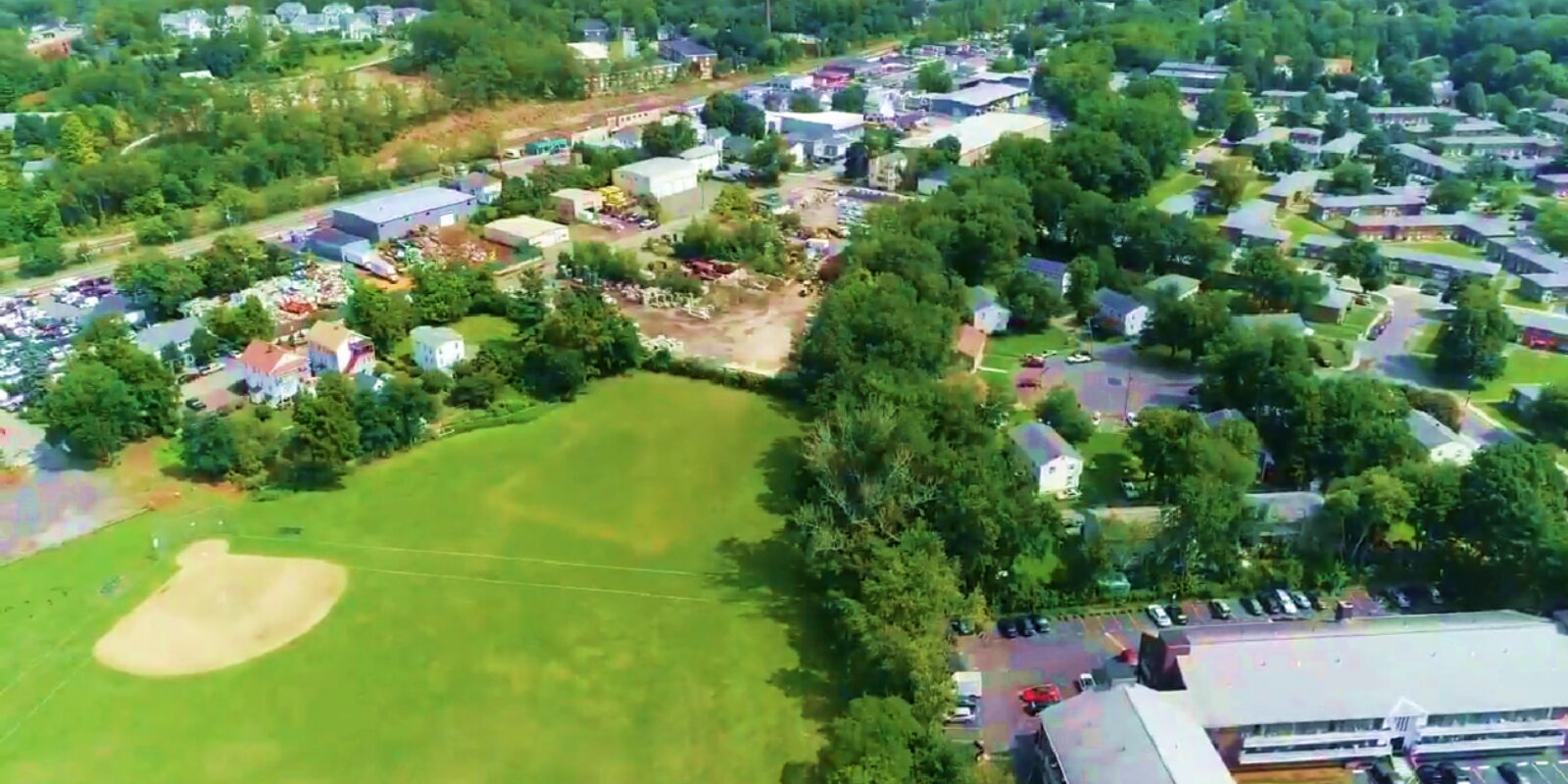One man, who was experiencing homelessness, said after the interview, "thank you for treating me like a human."
March 01, 2020
Margie Rosario spent most of her summer days walking around Southeast Framingham, where she grew up, looking for people who wanted to talk. She, and her team that included two other women with ties to the community, stopped people outside the grocery store, set up an outdoor living room in parking lots of housing complexes and community events, and chatted with parents while their kids ran around the playground. Margie’s goal was to talk to everybody who lives in Southeast Framingham – young people, parents, older adults, folks experiencing homelessness, immigrants- all who represent the rich diversity of the neighborhood. She didn’t get to everybody, but she and her team did speak to over 200 residents over the summer and fall. They chatted about a lot of things, but always brought the conversation back to what folks like about their community and what can be improved. These very simple questions, asked in their native language (the team speaks Portuguese, Spanish and English between them) by a team that had built trust in the community, got answers that will help to paint a broader picture of the strengths of the community and areas where residents can come together to make it stronger.

Margie and her team lead the Voices of the Community project managed by the Framingham Health Department and funded through one of the foundation’s first Community Innovation Grants. The goal of the grants is to take a step back and engage the community in new ways that may lead to innovative approaches to improving health. Those living in the two Census tracts in Southeast Framingham where the project is focused do not have the same opportunities to live healthy lives as the rest of the City. Census data shows higher uninsurance rates; less access to grocery stores; higher poverty rates; and lower educational attainment – all factors that traditionally point to poorer health outcomes. But we know the data only tells a small part of the story. Voices of the Community is helping to fill in the narrative. It is a way to not only understand what is really important to those living in the community, but also to learn what they are doing to build community, and how foundations, nonprofit agencies and municipal agencies can collaborate with community members to complement their efforts. The exercise of listening without judgment proved powerful. Many came back after they talked to the team to bring family, friends and neighbors to talk with them. One man, who was experiencing homelessness, said after the interview, “thank you for treating me like a human.”
When the weather turned cold and few wanted to stop as they briskly walked towards their warm homes, the team wrapped up their interviews and turned to analyzing the data. A Steering Committee composed of residents, municipal and nonprofit professionals was formed to offer support for the team throughout the interview process and will now turn their attention to identifying potential action items to address. Since there is a lot of data to go through, the Mass Area Planning Council (MAPC) was hired to do the analysis. This will be presented to the committee in late winter and then back to the community for input on the themes and priorities identified. This is the start of an ongoing conversation with the residents about how they are improving community health and how we, as professionals, can best support their leadership and efforts to promote health and build community.

